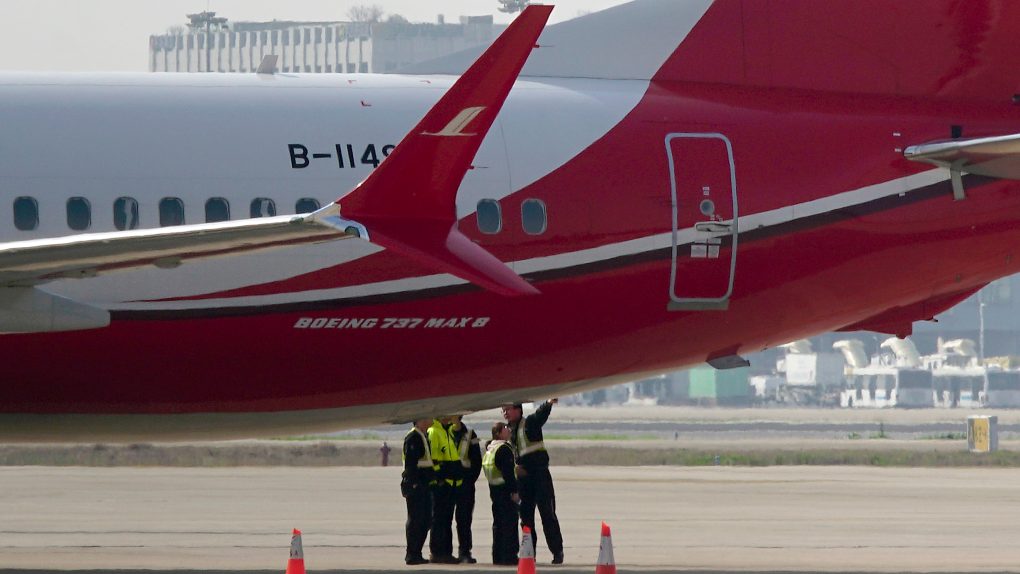In March, a Boeing 737 Max 8 airliner operated by Ethiopia Airlines crashed shortly after takeoff, killing all 157 people onboard. It was the second deadly crash of a 737 Max in just six months time, and it led to the grounding of every 737 Max plane around the world.
Now, as the investigation into the cause of the crashes is still ongoing, a recording obtained by CBS News indicates that pilots didn’t feel comfortable flying the planes even before the March crash. In the recordings, pilots from American Airlines can be heard grilling a Boeing official over the safety of the planes and the fact that they weren’t made aware of the stall-prevention feature that has now been linked to both deadly crashes.
The audio, which is reportedly an exchange between two American Airline pilots and Boeing vice president Mike Sinnett, was apparently recorded sometime after the November crash of a 737 Max that claimed the lives of 189 people.
Here’s a brief transcript of the exchange:
AA Pilot: “We flat out deserve to know what is on our airplanes.”
Boeing VP Mike Sinnett: “I don’t disagree.”
AA: “These guys didn’t even know the damn system was on the airplane — nor did anybody else.”
MS: “I don’t know that understanding this system would’ve changed the outcome on this. In a million miles, you’re going to maybe fly this airplane, maybe once you’re going to see this, ever. So we try not to overload the crews with information that’s unnecessary so they actually know the information we believe is important.”
AA: “We’re the last line of defense to being in that smoking hole. And we need the knowledge.”
MS: “We want to make sure we’re fixing the right things. That’s the important thing. To make sure we’re fixing the right things. We don’t want to rush and do a crappy job of fixing the right things, and we also don’t want to fix the wrong things.”
That “fix” didn’t come in time to save the Ethiopia Airlines plane from falling out of the sky months later. The flight control software which is supposed to prevent the plane from stalling by directing its nose downward if it detects a stall is imminent is thought to have doomed both aircraft. The pilots attempted to fight the software and keep the plane level but the planes had other plans.
Boeing began testing and rolling out an update to its 737 Max planes just a couple of weeks after the most recent crash in March, but the planes still remain grounded worldwide.








